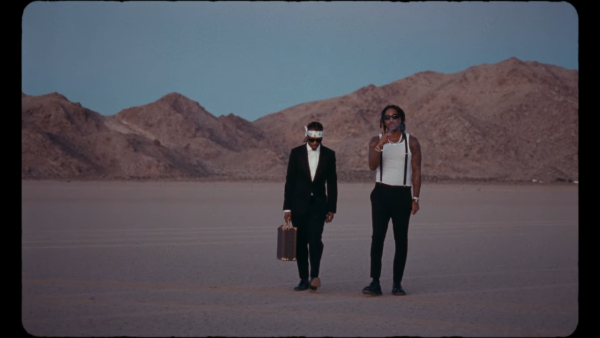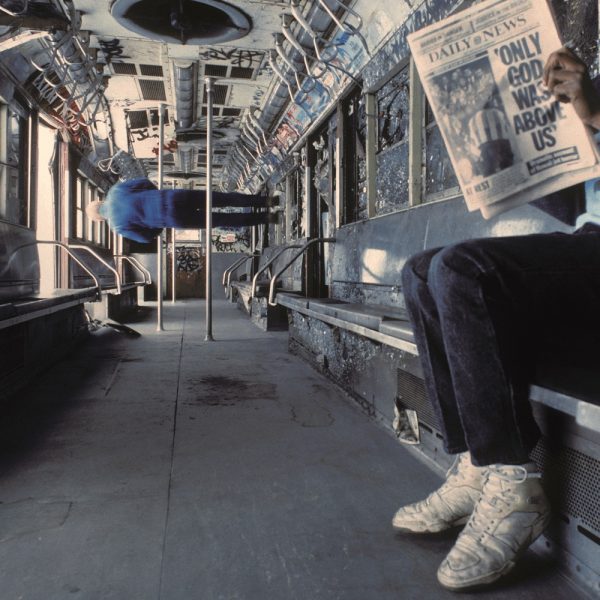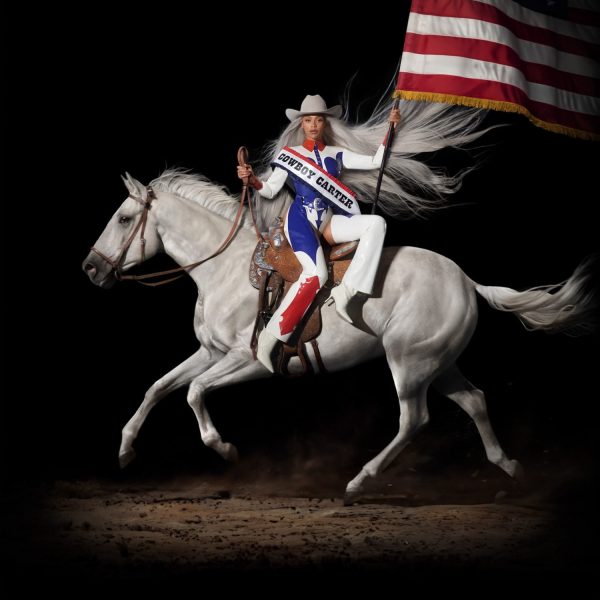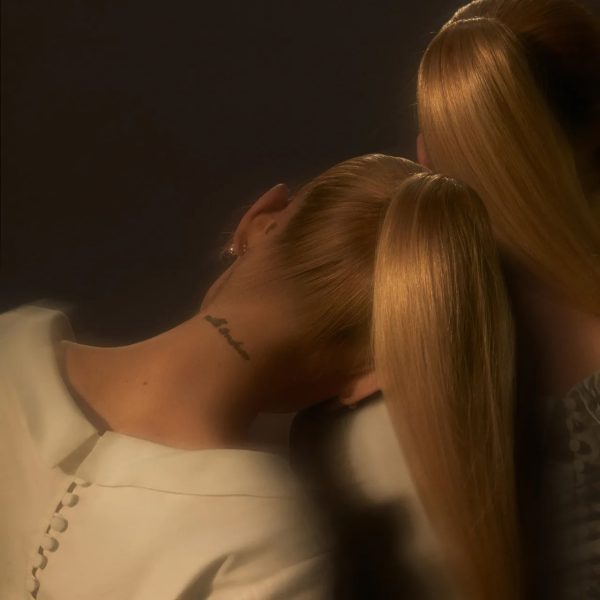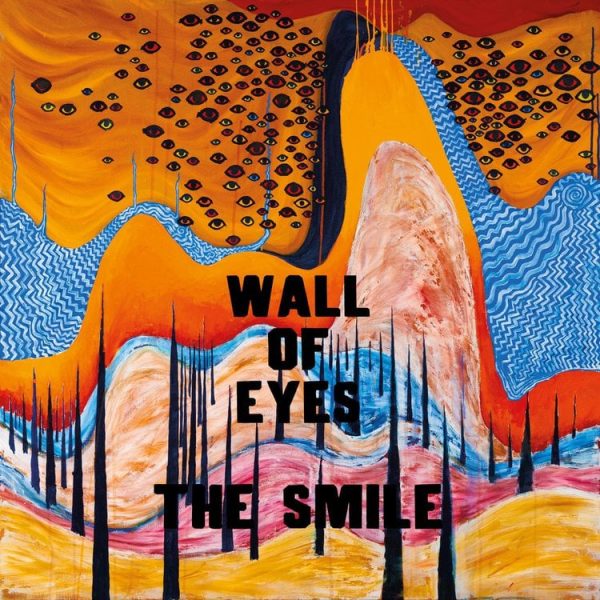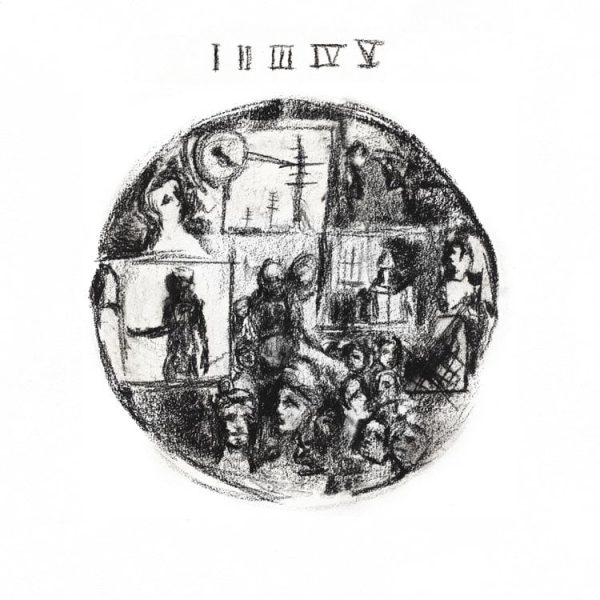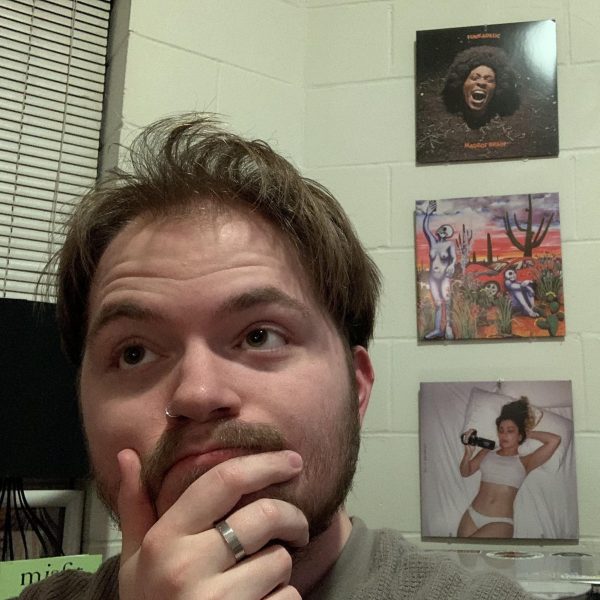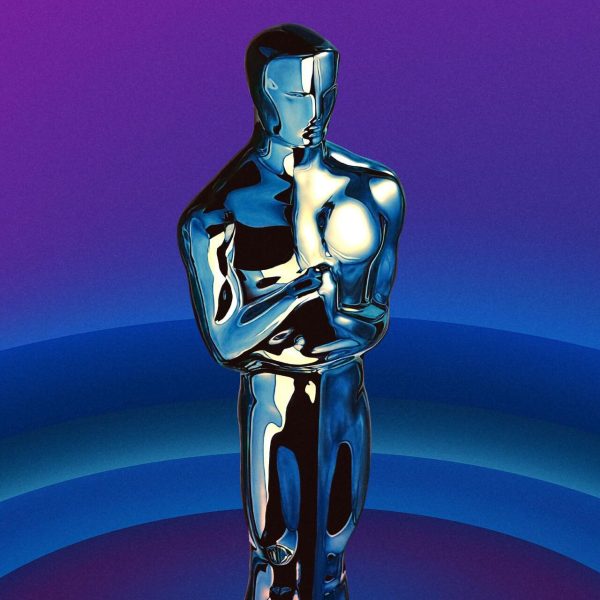Evolving Literature
As the digital age begins to take center stage, society tends to lose interest in anything that isn’t constantly changing and adapting. With the threat of extinction on the horizon, how do we make space for novels next to our iPads, cell phones, and laptops?
It’s hard to imagine a time when people didn’t have Flappy bird, Facebook, Instagram, the ability to check emails on the go, or iPods to tune the world out. The truth, however, is that a world like that did exist, and not too long ago. Before the rise of technology, there used to be a thing called the novel that people took to the doctor’s office or on vacation. While not obsolete, technology is having a huge impact on the novel.
“I think technology has impacted the way we read,” Judi Crowe, Assistant Professor of English and Professional Writing Tutor, said.
Crowe listed pros and cons of the e-reader such as, you look up words quickly, books become available almost instantly, you do have to deal with dead batteries and glare. Her opinion about the e-reader is mirrored by her colleague Dr. Anne Matthews.
Technology isn’t just working against literature. In recent years there has been a marked increase in the use of e-readers to access novels. According to statistics on PublishGreen.com, 23 percent of all Americans over the age of 16 read an e book.
“My feeling is, if you’re reading great,” Matthews said. “If technology is getting more people reading, I’m all for it.”
When asked if she thought she saw any changes that social media had on the way people read or how much they read, Matthews commented that in a way social media has acted as an informal book club. She went on to say that a large supporter of literature and the success of novels has always been the word of mouth recommendation, and in a way social media has sped that aspect up. With modern technology, readers can promote a novel with the a few clicks of keyboard.
In the same ways technology is changing, so is literature. In order to stay relevant, literature has had to evolve. How have great works such as, Miguel de Cervantes’ Don Quixote, Alighieri’s The Divine Comedy, Twain’s The Adventures of Huckleberry Finn, Poe’s The Raven, stay alive?
The answer was surprisingly simple. Modern literature uses the classics to evolve. Good modern literature isn’t ignorant of its origins. It knows it is born from the classics and therefore contains traces and elements of its predecessors. Modern literature will recognize what makes a classic a classic, and then will imitate that fabric in order to transcend time. Dr. Matthews quoted “The Chronicles of Narnia” author, C.S. Lewis, “We read to know we are not alone.”
A classic becomes a classic because it continues to speak across generations and time. Successful modern day literature does what classical literature did in its time it reaches people.
“Young adult literature does a lot of the same things as classic literature,” Dr. Matthews said.
Good young adult literature strives to capture a moment of adolescence that everyone can relate to. Its relevancy and ability to be relatable have garnered a large gathering of adult followers. It’s possible to say that in the future, today’s young adult literature will become tomorrow’s classics.
But how do we keep novels in the hands of youth, when they are taught to read in 140 character blurbs? In order to keep the inspiration of literature alive, Matthews said she felt it was her job to guide students to good books. When someone discovers a good book, they become hooked. A reader will then begin to search for other books that reach out to them.
“You’ve just got to turn them onto good stuff,” Matthews said.
By constantly reading classic literature, we breathe life into the dusty books printed a hundred years ago. Readers discover them by searching. A book becomes a classic the moment it reaches out and touches someone.
“Literature is as indispensable as it ever was,” Matthews said.
Matthews said her afore mentioned quote from C.S. Lewis captures the reason she fell in love with reading. She said reading is like searching for a how to or user manual. If literature can capture the human experience then humans will continue to read. Something only becomes extinct when it refuses to adapt, and literature has been adapting. Like technology, it is so ingrained in who we are, that we are too invested in it emotionally, to ever allow it to die out.

